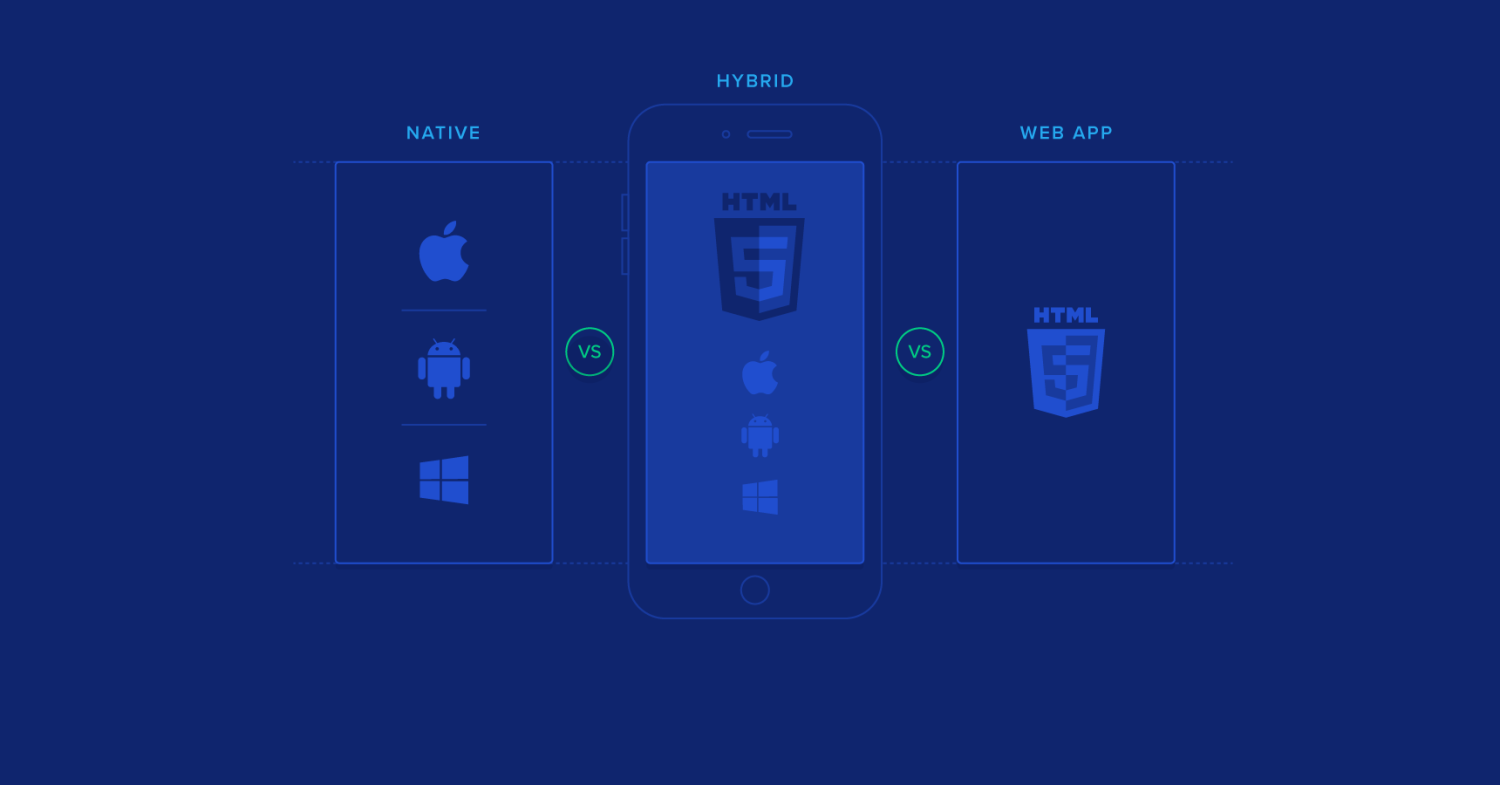
Freelance Web Development Navigating the Competitive Landscape
In the ever-evolving realm of freelance web development, where digital landscapes constantly shift, and client demands continue to evolve, a journey through the competitive landscape is a task not for the faint of heart. In this article, we will embark on an exploration of the intricacies of freelance web development and uncover the strategies and insights required to not only survive but thrive in this dynamic industry.
Understanding the Freelance Web Development Ecosystem
To navigate this landscape effectively, one must first understand the intricate ecosystem of freelance web development. It encompasses a diverse pool of talents, ranging from web designers and front-end developers to back-end gurus and full-stack experts. Each niche has its unique demands and competition.
The Freelancer's Toolkit
In this fiercely competitive arena, possessing the right tools is paramount. Freelancers need an arsenal of skills, including proficiency in programming languages like HTML, CSS, JavaScript, and knowledge of content management systems (CMS) like WordPress and Drupal.
Building Your Brand
Standing out from the crowd is essential. Establishing a personal brand and a compelling portfolio can help you gain a competitive edge. Your portfolio should showcase your best work and provide a glimpse into your expertise and style.
The Art of Client Acquisition
Acquiring clients is a fundamental challenge for freelance web developers. To succeed, you must employ various strategies:
Networking
Building a robust professional network can open doors to new opportunities. Attend industry events, join online forums, and engage with potential clients on social media platforms like LinkedIn.
Online Presence
A strong online presence is essential. Optimize your website for search engines and maintain an active blog to showcase your knowledge and expertise. Utilize social media to connect with potential clients.
Niche Specialization
Specializing in a niche, such as e-commerce or responsive web design, can make you a sought-after expert in that field. Clients often prefer specialists over generalists.
Pricing Strategies
Determining the right pricing strategy is crucial. Freelancers often struggle to strike a balance between competitive rates and fair compensation.
Hourly vs. Project-Based Pricing
Consider whether to charge clients hourly or on a project basis. Each has its advantages and drawbacks, and the choice should align with your business model and target clientele.
Value-Based Pricing
Charging based on the value you provide to clients can be a lucrative approach. Clients are often willing to pay more for results and expertise.
Overcoming Challenges
Freelance web development comes with its fair share of challenges. These obstacles can be daunting but surmountable.
Managing Client Expectations
Effective communication and setting clear expectations are key to client satisfaction. Avoid scope creep by defining project parameters from the outset.
Time Management
Balancing multiple projects and deadlines can be overwhelming. Implement time management techniques to ensure productivity and prevent burnout.
Frequently Asked Questions
-
How long should my portfolio be to attract clients?
- Your portfolio should showcase a diverse range of high-quality work. Aim for a minimum of 10-15 projects to demonstrate your expertise.
-
What programming languages are in high demand for freelance web developers?
- Currently, JavaScript, Python, and Ruby on Rails are highly sought after. However, trends can change, so stay updated.
-
Is it better to work independently or join a freelance platform?
- The choice depends on your preferences and business goals. Freelance platforms offer a steady stream of clients, while independence grants more control over your business.
-
How do I handle difficult clients and revisions?
- Maintain professionalism and open communication. Address concerns promptly and be willing to negotiate when necessary.
-
What's the ideal work-life balance for a freelance web developer?
- Finding the right balance varies from person to person. Listen to your needs, set boundaries, and prioritize self-care.
-
What is the future of freelance web development?
- The industry is poised for growth as businesses continue to rely on online presence. Staying updated with emerging technologies will be essential.
Summary
In the competitive landscape of freelance web development, success hinges on a combination of technical prowess, effective client acquisition, smart pricing strategies, and adept problem-solving. By navigating these challenges with skill and resilience, you can carve a rewarding career path in this dynamic field.
